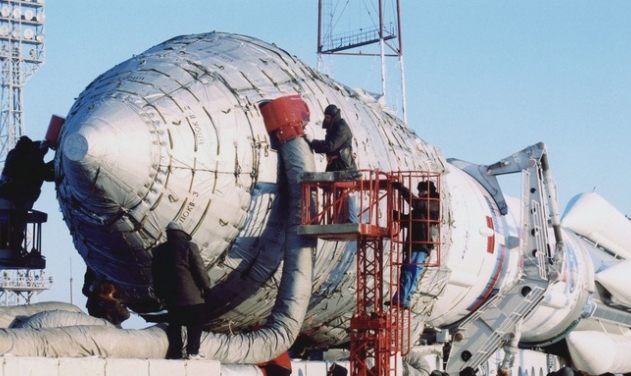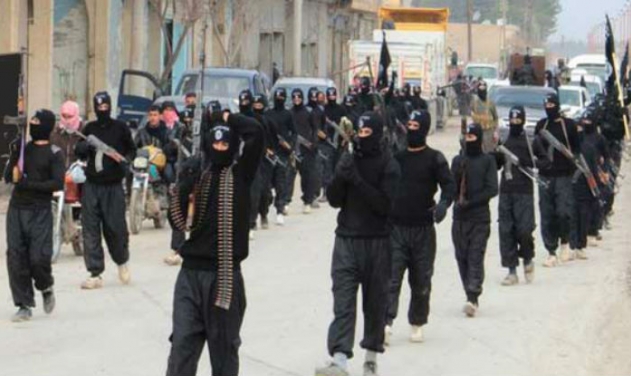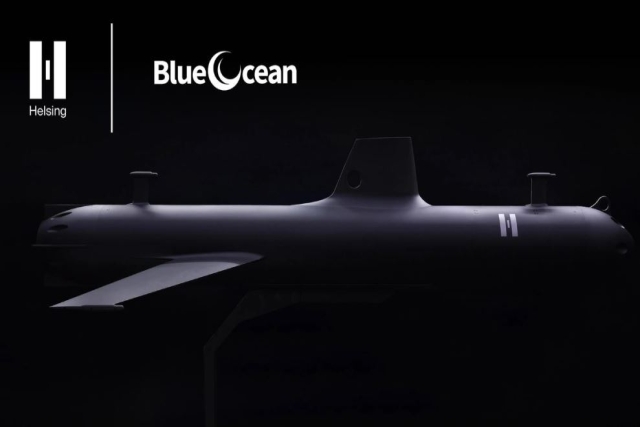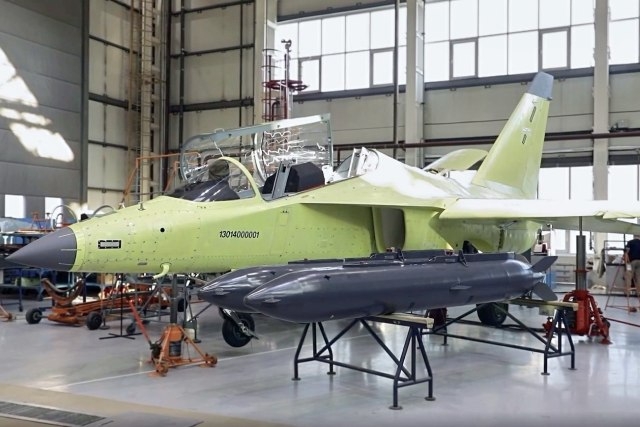Syrian War Helping Russia Improve Its Unmanned Systems
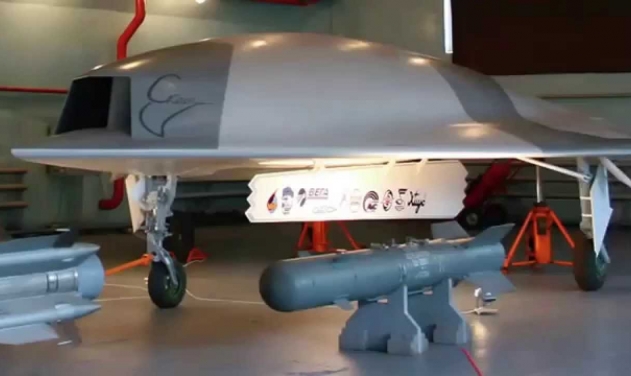
Russia has been learning lessons on the development of unmanned systems from its combat operations in Syria, according to a leading security analyst.
Samuel Bendett, a researcher specializing in Russian unmanned systems at the Center for Naval Analyses, was quoted as saying by USNI news that Moscow is using its experience in electronic warfare to advance its unmanned systems especially in the air and on the ground, an area where Moscow lags behind the United States, Israel and the United Kingdom.
Russia is, “looking to streamline that effort at the initial stage from zero to 100” in getting unmanned systems under way, he said.
The Kremlin has also learned that UAVs in the hands of the enemy are a very real threat and, as such, the Russian military is developing countermeasures.
Bendett noted that Russia is coordinating “research in defensive unmanned systems” to destroy enemy drones. He further said that Russia’s work on unmanned underwater systems not only for military use but also for energy exploration in the Arctic.
While the Russians primarily used their unmanned aerial systems in Syria for intelligence, surveillance and reconnaissance, they have developed a range of UAVs for different missions.
According to National Interest, Moscow has short-range Eleron and the mid-range Orlan-10—two domestically-produced ‘workhorses’ of the Russian UAV fleet. “The ‘long-range’ UAV used by Russia was the Forpost—a licensed production of an Israeli-made Searcher UAV with a range well in excess of 250 kilometers. Other domestic UAVs used may have been mid-range Granat and other models with a range between 15 and 100km,” Bendett was quoted as saying.
Russia’s military historic reluctance to allow decisions to be made on the battlefield by lower-level commanders will remain in regards to using unmanned systems is not yet known. Bendett said this question also involving artificial intelligence is being reviewed from both a tactical and strategic level in the Ministry of Defense.
Olga Oliker, a senior advisor and director of its Russia and Eurasia Program at Center for Strategic & International Studies (CSIS) said Russia’s military-industrial complex likely will remain an obstacle to the Ministry of Defense’s goal of streamlining unmanned systems’ research and President Vladimir Putin’s goal that “whoever gets AI [artificial intelligence] right is going to rule the world.” The reasons are its reliance on old technology, cumbersome bureaucracy and practice of being job-creators over innovators.
